Optimal Timing for Water Treatments
Water treatments are most effective when performed at optimal times throughout the year to ensure water quality and system efficiency. Seasonal considerations, water usage patterns, and water source conditions influence the timing of treatments. Proper scheduling can prevent buildup of contaminants and prolong the lifespan of water systems.
Spring is an ideal time for water treatments as water systems often need cleaning after winter. It prepares systems for increased usage during warmer months.
Treatments before peak summer usage help prevent issues caused by higher water demand and potential contamination.
Fall treatments can address buildup from summer usage and prepare water systems for lower activity during winter.
Following heavy rain, water sources may become contaminated, making treatment essential for water safety.
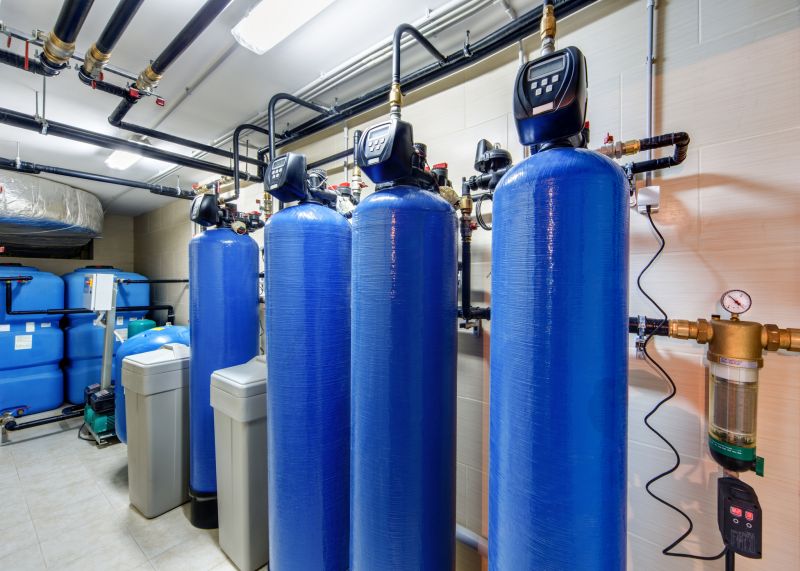
Ways to make Water Treatments work in tight or awkward layouts.
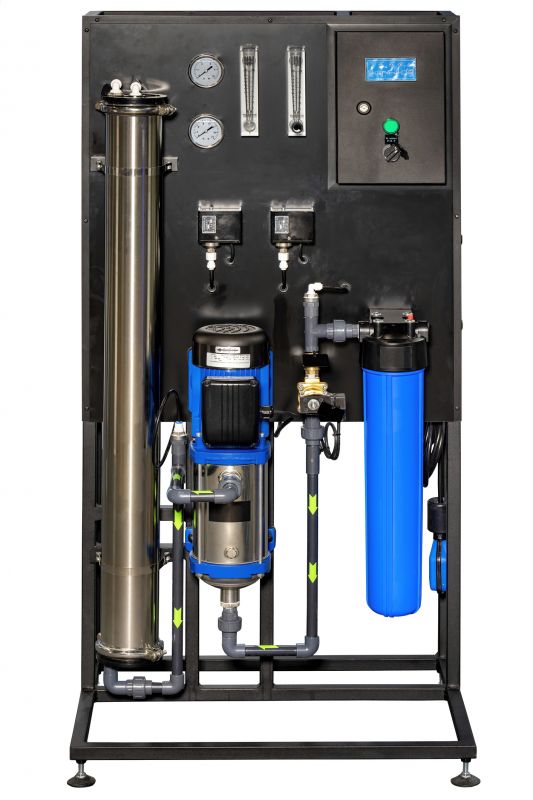
Popular materials for Water Treatments and why they hold up over time.
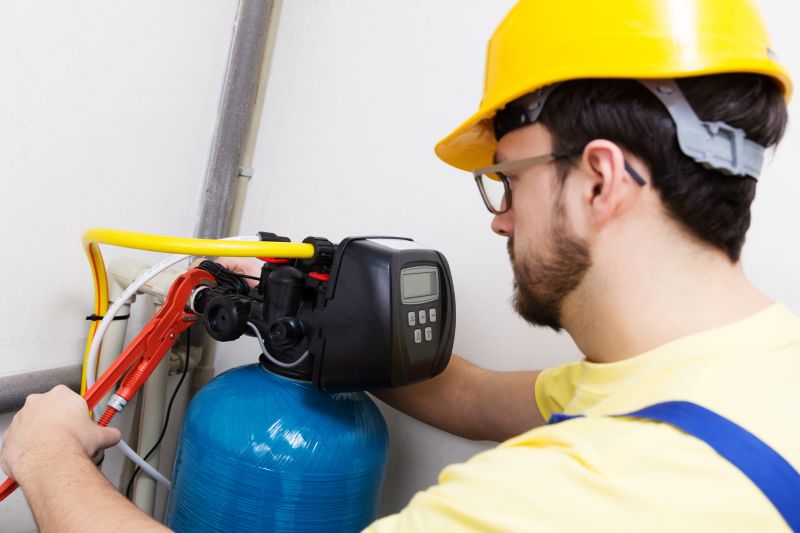
Simple add-ons that improve Water Treatments without blowing the budget.
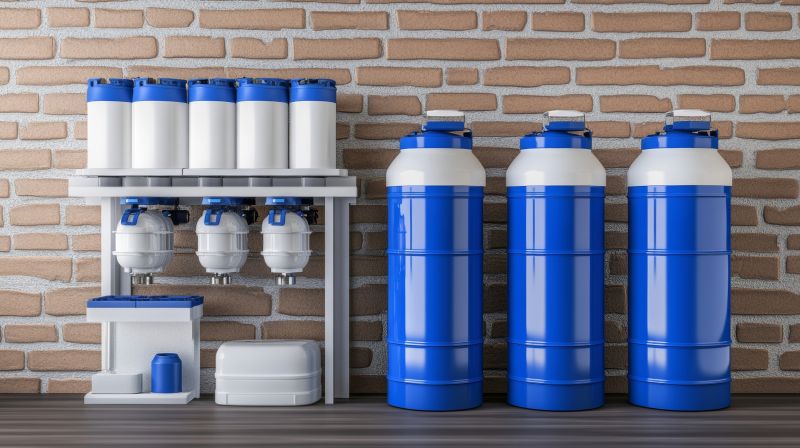
High-end options that actually feel worth it for Water Treatments.
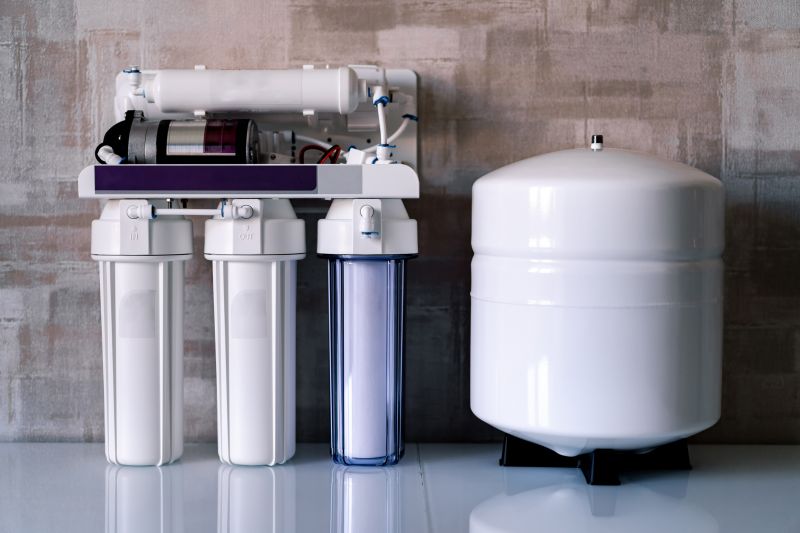
Finishes and colors that play nicely with Water Treatments.
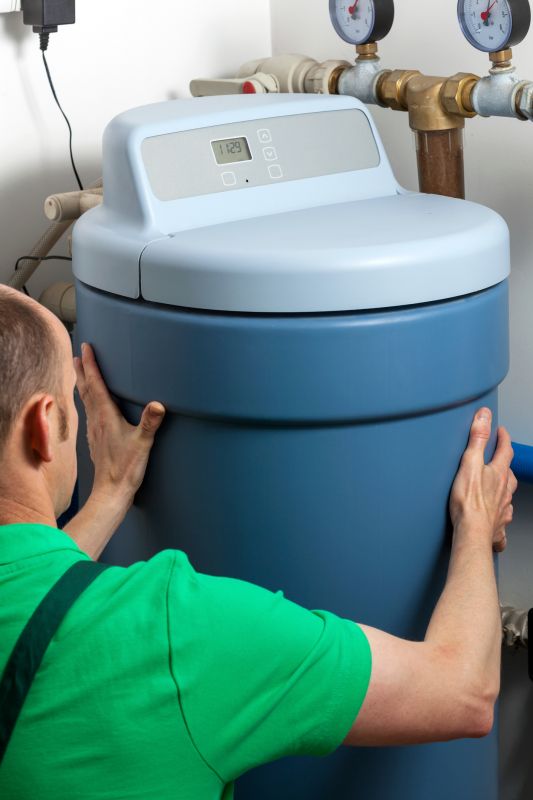
Little measurements that prevent headaches on Water Treatments day.
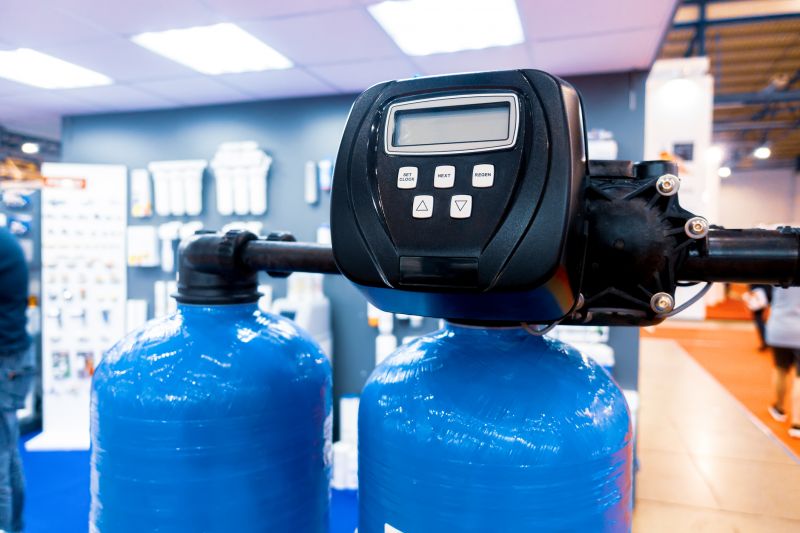
A 60-second routine that keeps Water Treatments looking new.
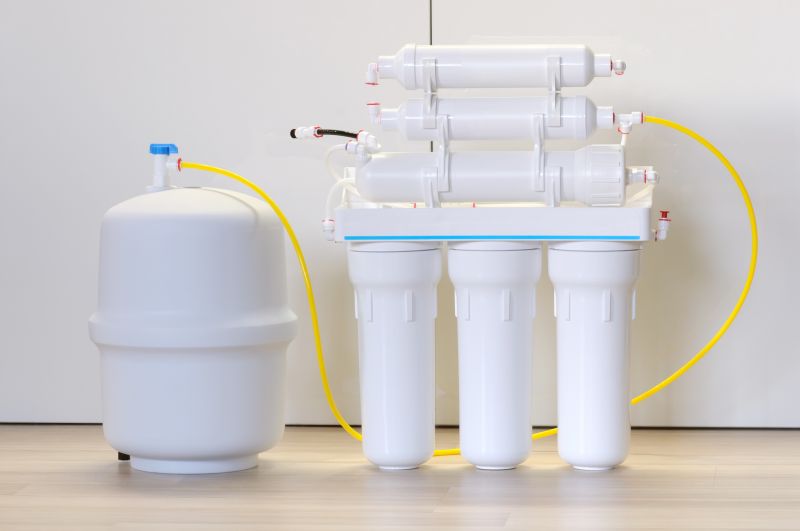
A frequent mistake in Water Treatments and how to dodge it.
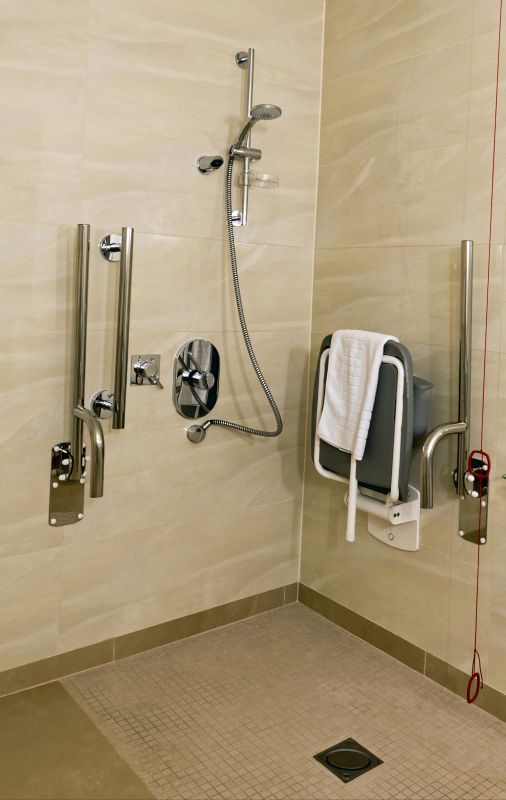
Small tweaks to make Water Treatments safer and easier to use.
| Timing Aspect | Details |
|---|---|
| Spring | Ideal for system cleaning after winter, preparing for increased usage. |
| Pre-Summer | Prevents buildup during peak water demand. |
| Fall | Addresses summer-related buildup and prepares for winter. |
| Post-Rainfall | Addresses contamination after heavy rains. |
| Annual Check | Ensures ongoing water quality and system performance. |
Water treatments play a crucial role in maintaining safe and clean water supplies. They involve various processes such as filtration, chemical disinfection, and system maintenance to remove contaminants, improve taste, and ensure water safety. Regular treatments can reduce the risk of waterborne illnesses and extend the lifespan of plumbing and water systems. Statistics indicate that untreated water can harbor bacteria, viruses, and chemical pollutants, making scheduled treatments essential for health and safety.
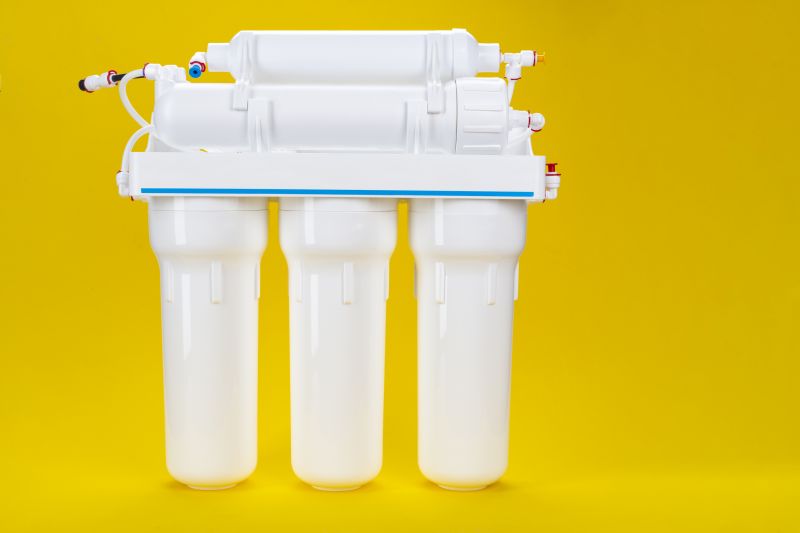
Lower-waste or water-saving choices for Water Treatments.
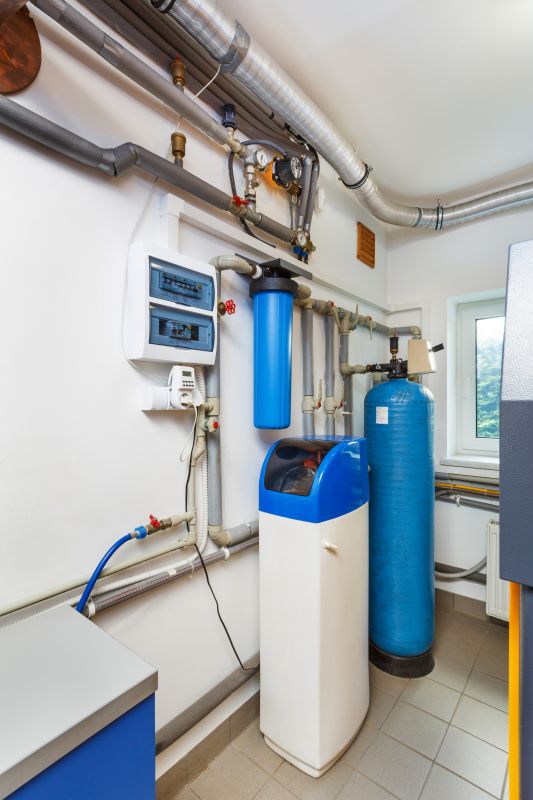
The short, realistic tool list for quality Water Treatments.
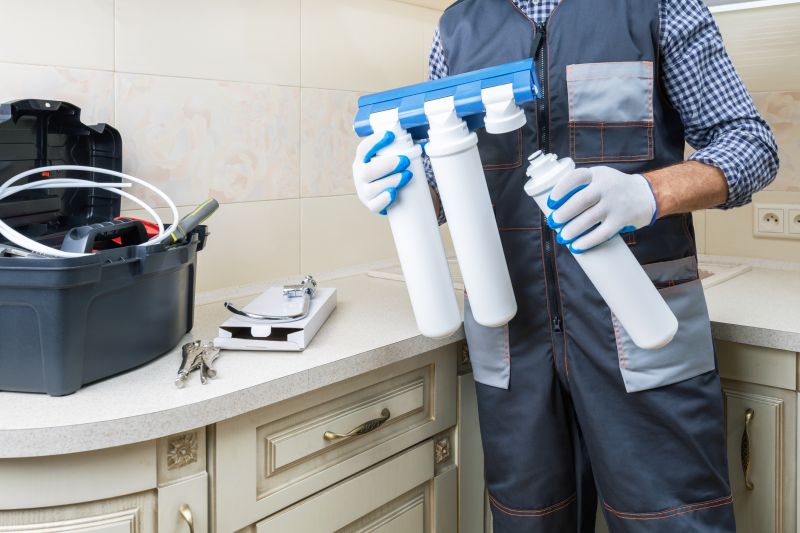
Rough timing from prep to clean-up for Water Treatments.
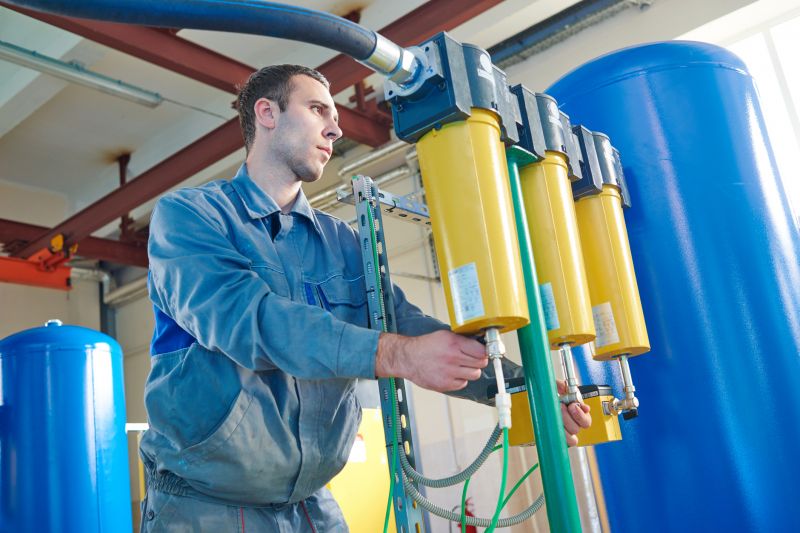
Quick checks and paperwork to keep after Water Treatments.
Interested in scheduling a water treatment for your property? Filling out the contact form can provide more information and help determine the best treatment schedule tailored to specific water needs. Proper timing and regular maintenance are key to ensuring water quality and system longevity in Mount Dora, FL.

